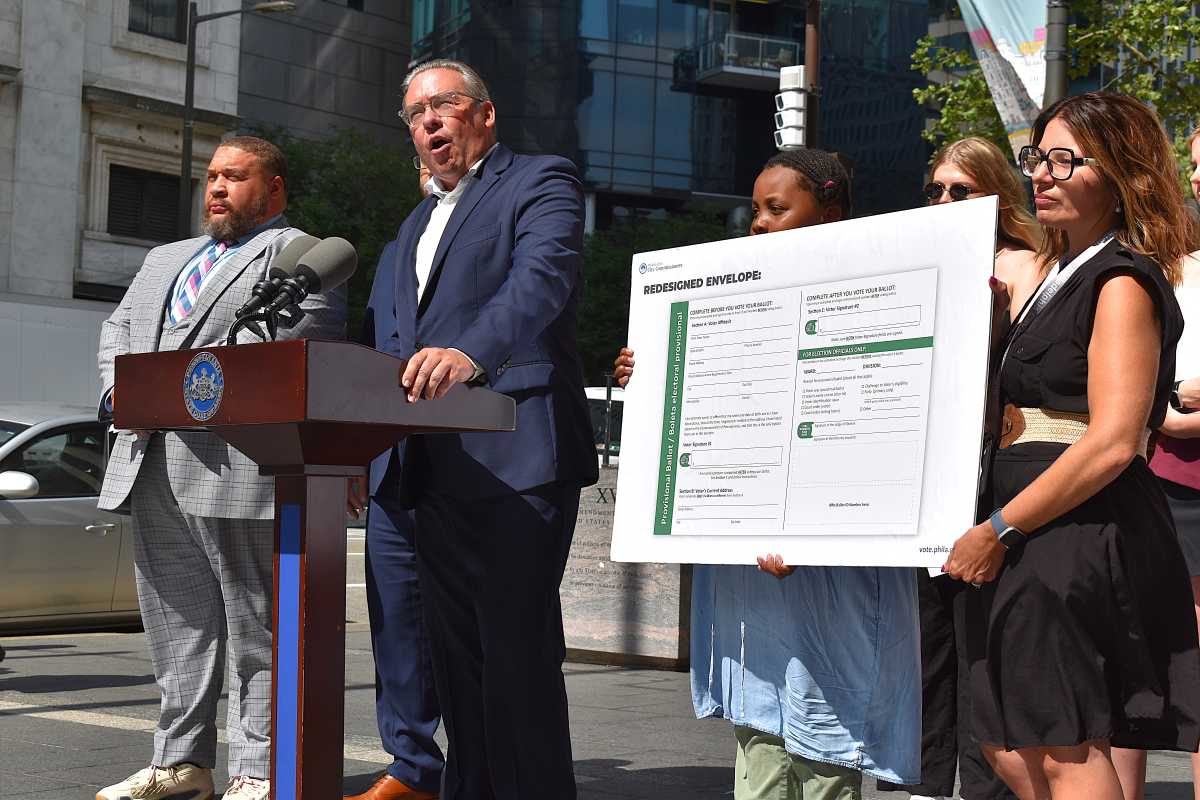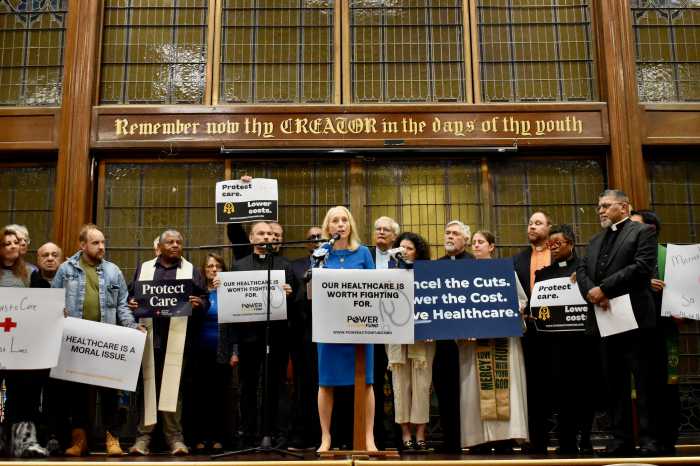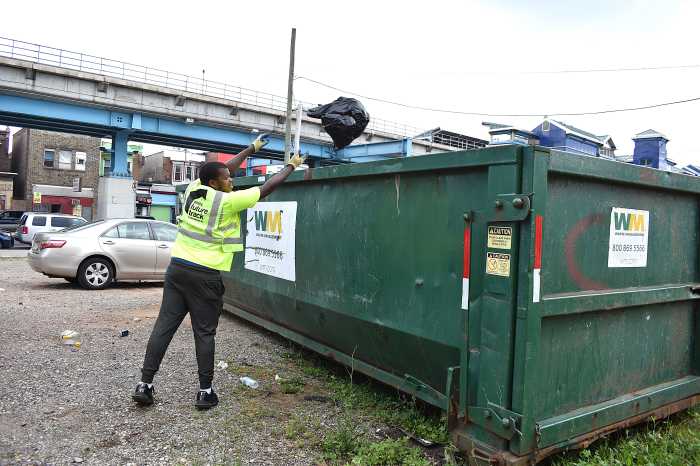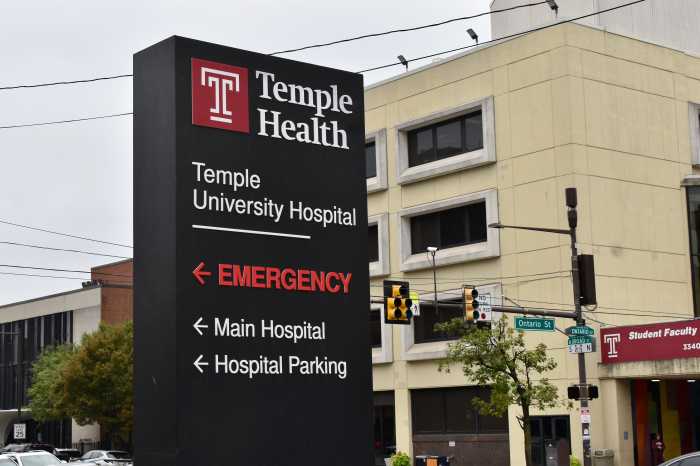Pennsylvania and Philadelphia election officials rolled out a redesigned provisional ballot Monday, in an attempt to cut down on technicalities that result in votes being scrapped.
The remodeled ballot envelope consolidates the number of fields that must be filled out and highlights more clearly where voters and poll workers are required to sign.
Individuals casting provisional ballots are supposed to write their name and address on the envelope in front of poll workers before marking their candidate selections. A second signature is required when they return the envelope to those manning the voting locations.
Among the most common issues is voters not signing the envelope twice – a mistake that will likely mean their ballot is disqualified.
“It’s not a question of whether that voter was eligible,” Pennsylvania Commonwealth Secretary Al Schmidt said during a news conference outside City Hall. “It’s not a question of whether they voted on time. It’s not a question of anything else like that. It’s a simple technical error.”
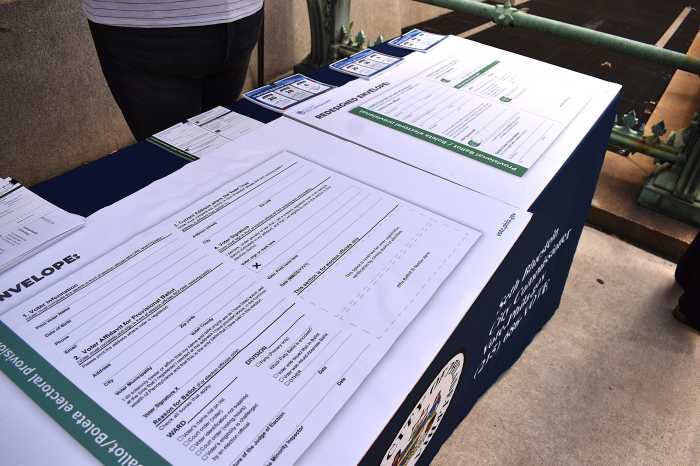
Omar Sabir, chair of the City Commissioners, who oversee elections within the city, said there’s already a belief that provisional ballots are not really counted.
“So when a voter does vote provisionally, for their vote to go through, that builds confidence in the process,” he added. “That’s why it’s so critical.”
“There’s sometimes this impression that provisional ballots are only counted when an election is close, or something like that,” Schmidt said. “That is not the case.”
Provisional ballots are tabulated within seven days of the election, after officials determine whether the vote was eligible, according to the commonwealth’s state department.
The voting method is employed for a variety of reasons.
People use the ballots if their names are not in the poll books, potentially because they went to the wrong voting location or recently moved and did not report the change in residency.
First-time voters and those using a new polling place for the first time are required to display identification; if they don’t have it, they can vote provisionally. Individuals who request mail-in ballots but do not return them and show up on Election Day to vote in-person without the mail ballot in hand can also request a provisional ballot.
Nearly 30% of all provisional ballots turned in during the 2024 presidential election in Pennsylvania were rejected, state officials said. The most common justification was that the person was not registered.
However, the second-most-common reason was an envelope error. Such mistakes resulted in more than 4,800 ballots being thrown out in last year’s general election, according to reporting from Votebeat and Spotlight PA.
Data from the City Commissioners shows that more than 12,400 Philadelphians voted provisionally in the presidential election, and 1,160 used the process in this year’s primary, where turnout was far lower.
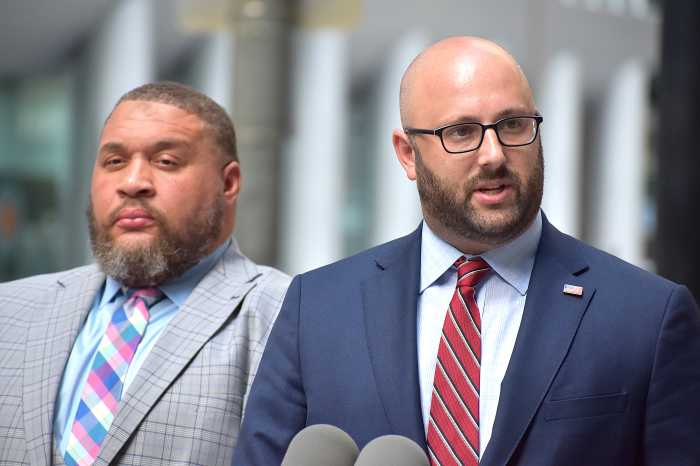
Schmidt, formerly a Republican member of the City Commissioners, said the state is promoting the revamped envelopes to county election boards, which have sway in determining voting documents.
Grants are available to help with the cost of replacing the existing ballots, the state department said in a news release. The expectation is that the new materials will be available for the 2025 general election.
Schmidt cast the move as part of a broader effort to simplify the voting process and reduce the amount of rejected ballots.
He reported a 57% drop in the number of discarded mail-in votes from the 2024 primary to the general election. His team attributed the decrease, in part, to redesigned mail-in ballot materials, introduced in late 2023.
Legal wrangling over Pennsylvania’s ballot system has intensified since 2020, when the state began permitting no-excuse mail voting and President Donald Trump and his supporters contested the results of that year’s presidential election.



